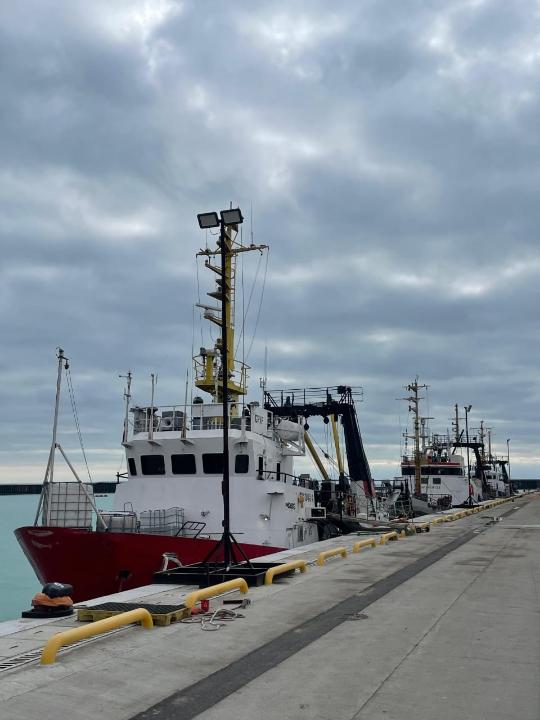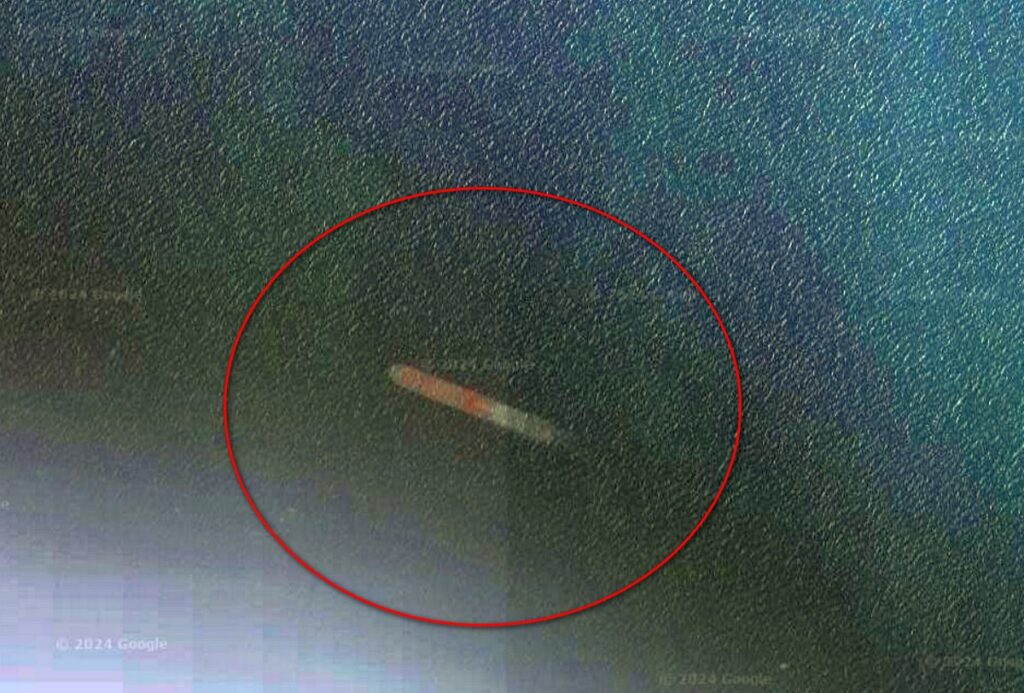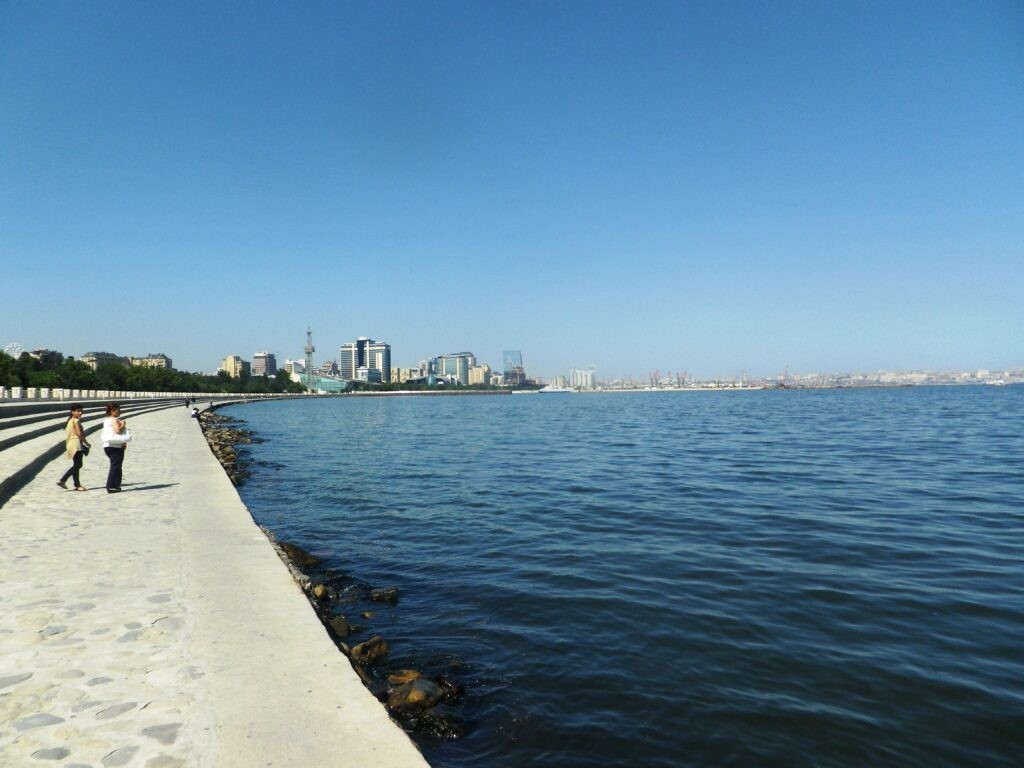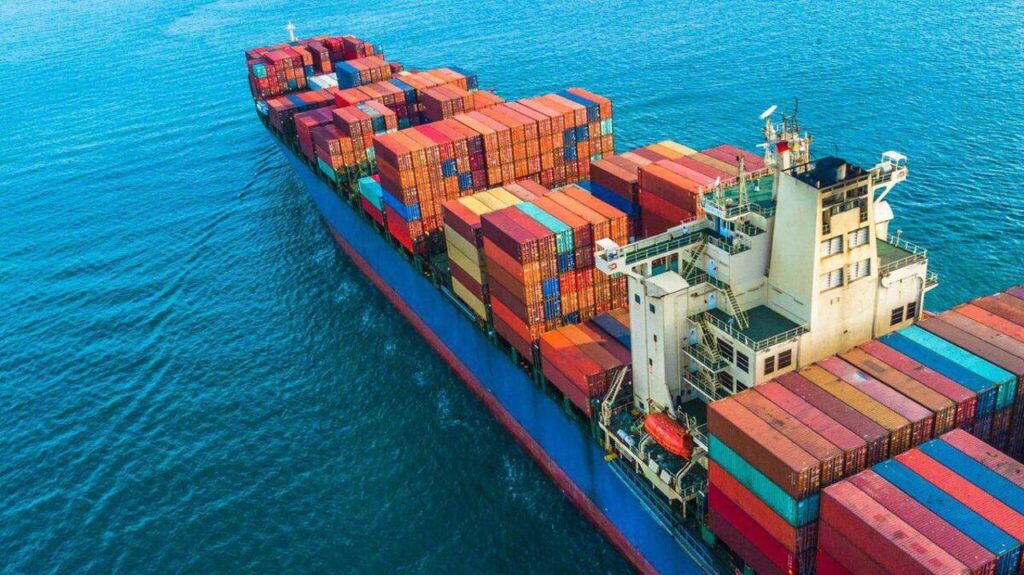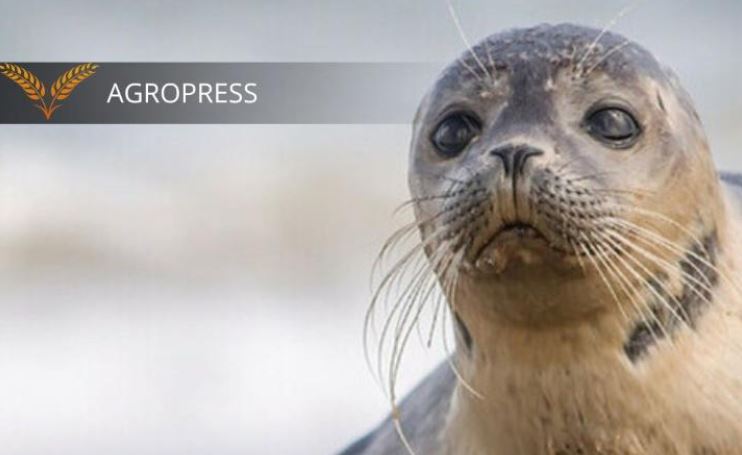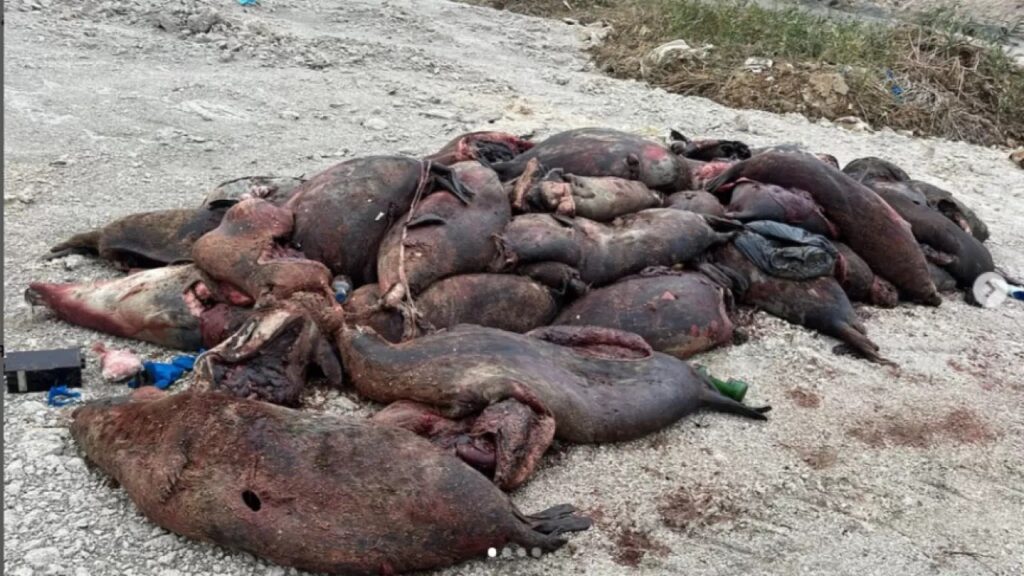Kazakhstan Takes Bold Steps to Revive Caspian Sea Fishing Industry
For the first time in over 30 years, commercial fishing has resumed in Kazakhstan’s section of the Caspian Sea. On December 20, Deputy Minister of Agriculture Amangaliy Berdalin attended the ceremonial departure of fishing boats targeting sprat from the port of Sarzha in the village of Kuryk, located in the Mangistau region. Commercial fishing in the Mangistau region was active before 1991 but declined after the dissolution of the Soviet Union. Its revival is part of Kazakhstan’s broader efforts to develop a sustainable fishing industry and bolster food security. One of the first steps in this revival was the purchase of two fishing vessels by Aktau Balyk Company LLP. The company aims to catch approximately 10,000 tons of Caspian sprat annually, providing this resource to the domestic market. Plans are already underway to expand operations. Next year, Aktau Balyk intends to acquire four additional vessels, increasing its fleet and boosting its annual catch volume to 30,000 tons. The government’s commitment to revitalizing the fishing industry is underscored by the Program for the Development of Fisheries until 2030. This initiative prioritizes fish farming as a cornerstone of the sector's growth. According to the program: Kazakhstan aims to produce 270,000 tons of fish annually through fish farming by 2030. The government seeks to increase domestic fish consumption to 134,000 tons annually. Fish imports are targeted to drop from 45,000 tons to 25,000 tons annually. This strategic push signals Kazakhstan’s determination to establish a thriving fishing industry to meet domestic demand and position the country as a competitive player in the regional seafood market.
